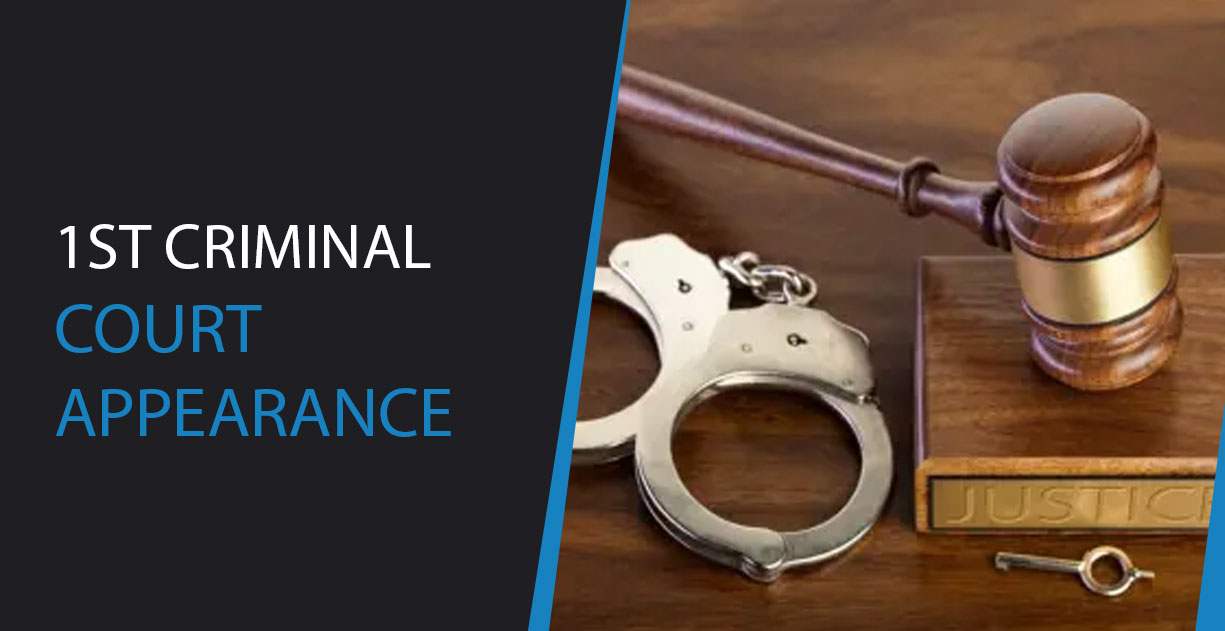
When you are charged with a crime, you may be detained and, depending on the severity of the charges, denied bail. In any case, your first court appearance can be a daunting one.
It’s natural for anyone to be anxious about their first Ontario criminal court appearance. After all, most of us never step foot in a courtroom and there are rules of etiquette to be aware of as well.
To help reduce some of that stress, here are important points to be aware of before your first court appearance.
How to Prepare for Your First Criminal Court Appearance in Ontario
Read these tips to be better prepared for your first criminal court appearance in Ontario.
1. You Should Be Organized
Be organized for your first court appearance. That includes preparing any documentation related to your case with your lawyer. For this, you can either speak to a leading criminal law firm in Brampton or a reputable criminal defence lawyer. Make sure that your lawyer has all the information they may need to represent you.
You may want to visit the courthouse before your first appearance to figure out how long the journey will take. If you are driving, you should also figure out where to park. Go at approximately the same time of day as you’re expected to appear to get a better idea of any traffic you may encounter. This will go a long way in preparing you for what you should expect on your court date.
2. Your First Appearance Isn’t a Trial
For a defendant being charged with a crime, their first court appearance will most likely be in a “set date” court. On this day, the judge, lawyer, and defendant are present to discuss future dates for the case to return to court.
Keep in mind that, unlike with a trial, the first appearance doesn’t involve making decisions on the defendant’s innocence or guilt. Instead, they are administrative in nature. This means:
- The defendant isn’t called upon to enter a plea.
- You shouldn’t expect to see any complainants or witnesses.
- There is no need to produce any evidence or witnesses, or to speak about your side of the case.
Typically, criminal proceedings are complex and take a long time to resolve. Your first court appearance is merely a starting point for the process.
3. Know How to Address the Court
As the defendant, it’s imperative that you are respectful to everyone present in the courtroom at all times. Always address the judge as “Your Honour” and only speak when being spoken to or asked a question. Interrupting the judge or Crown is a mistake and anything you say can be used against you. Also, never turn around to speak to another party or their lawyer when addressing the Court.
Carefully listen to what the Court is saying to you and don’t evade questions from the Judge. Also, never delay your answers or take the discussion in another direction, and keep your statements direct and brief. If you disagree with opposing counsel, don’t do or say anything that may be deemed rude. Make it a point to remain calm and composed. This will allow you to come across as a reasonable and rational person. On the other hand, becoming emotional and crying will only make you appear as someone with a lack of restraint and control, which can hurt your case.
Other Important Things to Know:
- If you do not hire a criminal lawyer, a duty counsel will be assigned to help you and address the court on your behalf.
- The courts have a daily docket that lists the names of individuals who are to attend that day and the nature of their charges.
- The Court calls the dockets in the order the Crown Attorney and Court choose. Typically, lawyer’s matters are called upon first. After that, the Court or Crown can call others as they deem fit.
- During your first appearance in Court, after you are released by the police for your bail hearing, you can ask the Crown Attorney for your “disclosure.” This is a document with a collection of the materials that the Crown intends to use when prosecuting the charges against you. It includes statements and notes from the police; audio; video; and any other evidence applicable to your case.
- When the case is adjourned, you may take the disclosure to a criminal law firm or the best criminal lawyer in Brampton. They will have the experience and familiarity with criminal law necessary to advise you on how best to proceed.
- Once you have been dismissed, be sure to note the date of your next hearing in your phone or a physical diary. Remember that failing to attend Court is a criminal offence that may result in you spending time in custody.
Start preparing as soon as you receive your court summons. Especially if it’s your first criminal charge, it’s never a good idea to wait until the last minute. Hopefully, these tips provided by a leading criminal law firm in Brampton will increase the likelihood of a positive outcome in your first-ever criminal court appearance.

